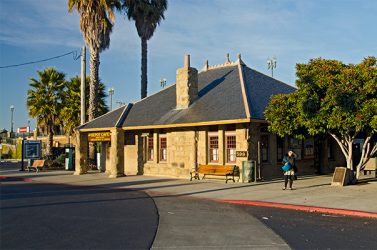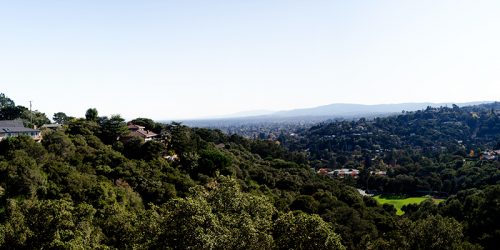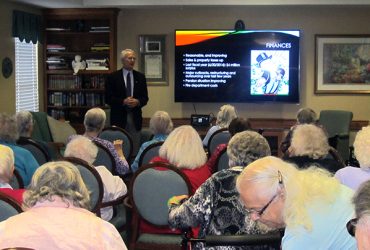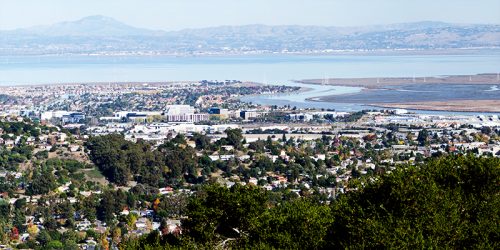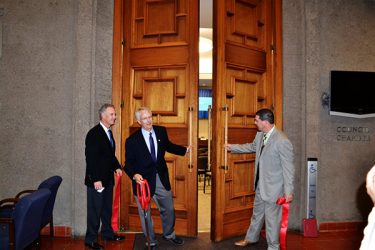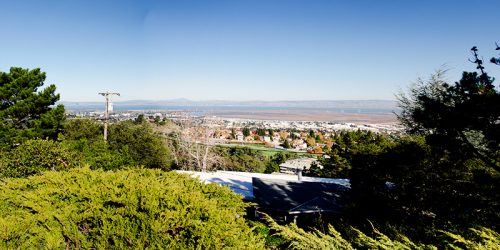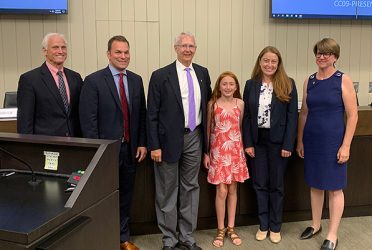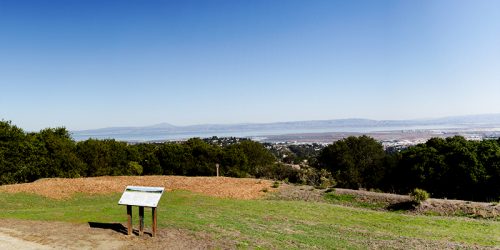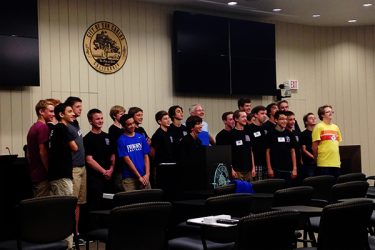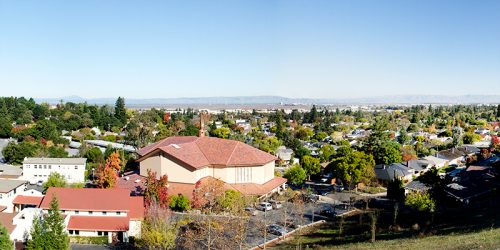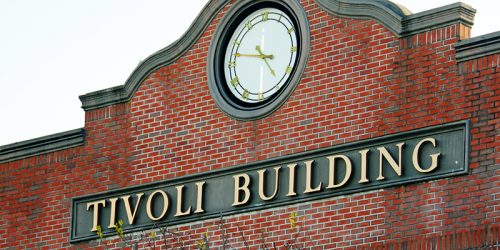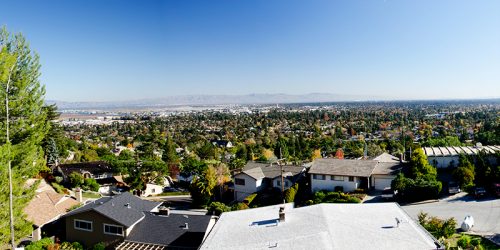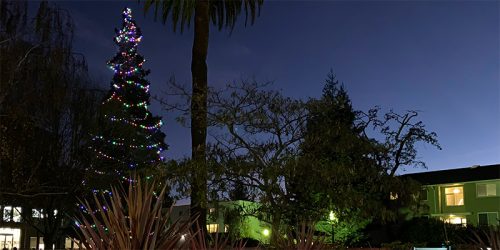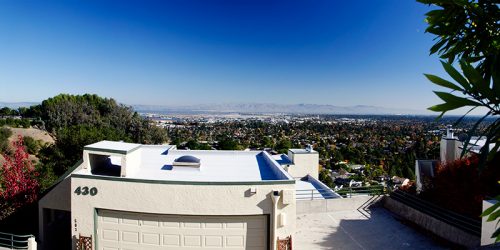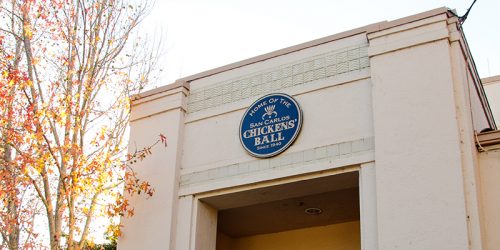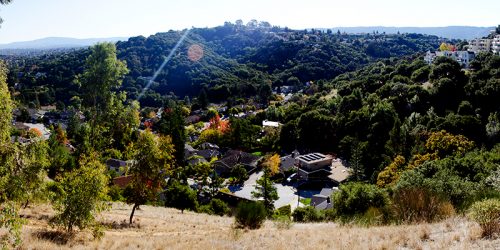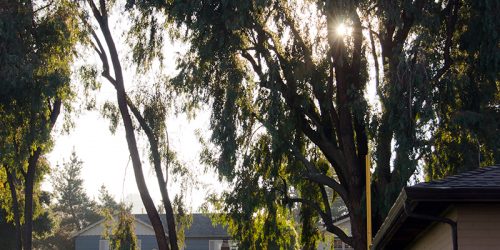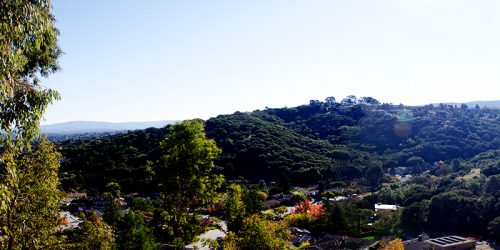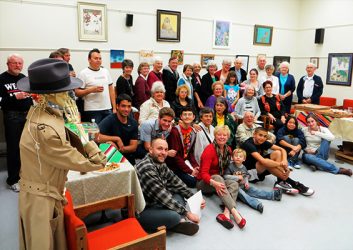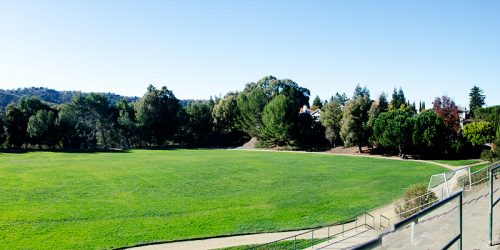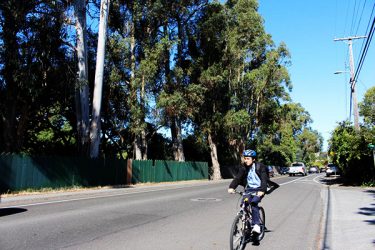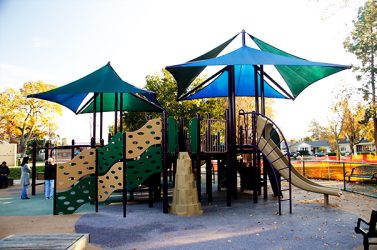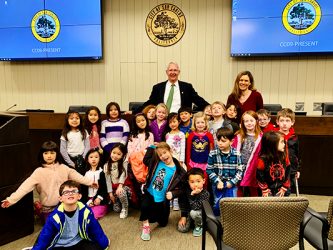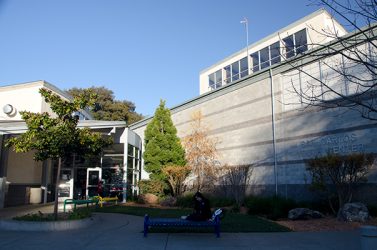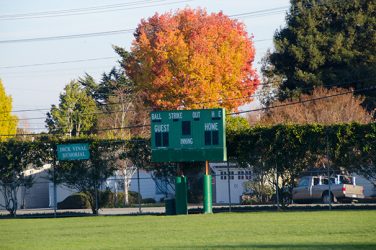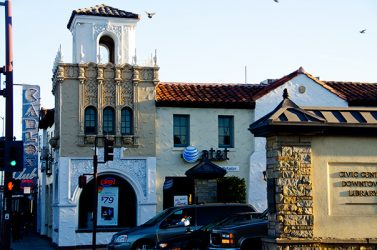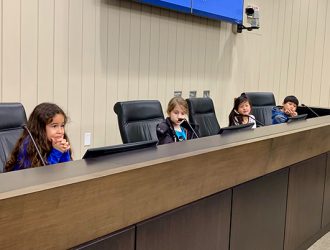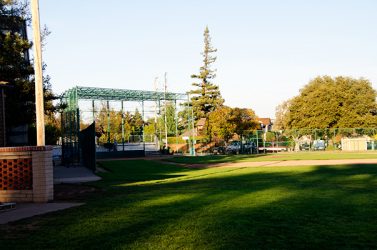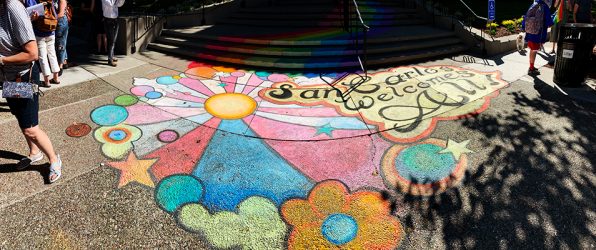Last night the Council deadlocked over whether to call a special election to fill the seat left by Andy Klein’s resignation. The discussion will resume Friday afternoon at 1 PM, by which time City Counsel will have done more research on the applicable law. There’s a hard stop Friday because the law requires a decision within 30 days of the resignation.
We can hold a special election in November, 2012 or wait for the regularly-scheduled election a year later in November, 2013. If we go the earlier route, candidates would be vying for a one year term. Whoever won would face another election in November, 2013, that time for a regular four year term. Whichever choice the Council makes, it can separately decide to fill the vacancy by appointment. The Council was unanimous last night in wanting to make an appointment. Where we differed was in whether to have it superseded by election this November, or in November, 2013.
Elected bodies have a built-in bias to hold fewer, rather than more, elections. It’s analogous to staunch proponents of capitalism wanting to minimize or avoid the costs of marketplace competition whenever possible. There are a number of reasons for this, but most derive from a desire to have control over our environment. As individuals we like to know who we’re dealing with.
I’ve been involved with this decision three times in my elected career. The first time I supported the consensus view of not calling a special election. Which caused a close supporter to ask me a simple question: “what happened to giving people a voice in their government?” I was embarrassed to admit I had no robust answer. I’ve never forgotten that conversation (thanks, Susan).
The current Council split appears based on differing assessments of certain risk factors. We talked about a lot of things last night, but here’s my take on the main questions.
Can we afford so much instability in the Council’s membership? A November, 2012 election means potentially seven new faces between March, 2011, when Omar passed away, and December, 2013. No question that’s a lot of turnover. Does it matter? The potential for turnover exists in any representative democracy, and electeds learn early on you have to be able to work with people despite disagreeing with them on important issues. More importantly, the occupants of the dais are all there because they’re committed to serving San Carlos. That’s a bedrock of common interest, which greatly reduces the impact of turnover.
Will enough people run for a one year term? Campaigns cost money and time, and earning only a single year for all that effort could turn off potential candidates. But why prejudge the issue? We’ll know by the end of August whether or not anyone is willing to step up. We can always appoint, or re-appoint, someone if the roster is empty. We’d have to do that anyway, even in a normal election cycle, if fewer people run than there are openings available. Besides, the negative of a one year term is a positive in the sense potential candidates would judge they’ll face less opposition, increasing their personal chance of winning.
Will the right people run? This isn’t the result of anti-democratic sentiment. It’s based on genuine concern for the welfare of our community, and a desire not to see that harmed by having a fringe candidate succeed. But that’s a risk, in any election. The possibility will encourage people on the fence to make their own attempt. More importantly, San Carlos doesn’t consistently produce good elected leaders by accident. It’s yet another expression of our strong sense of community, which is what makes San Carlos the great place to live that it is.
I have great faith in my neighbors, even the ones with whom I disagree on key issues. Interestingly, I believe my colleagues who don’t want to call a special election this November do as well. I hope they’ll remember that by Friday, and give those same neighbors a chance to decide, directly, who will be making decisions on behalf of all of us.
